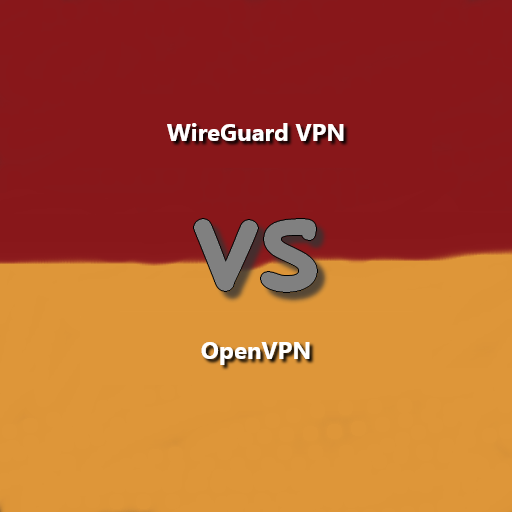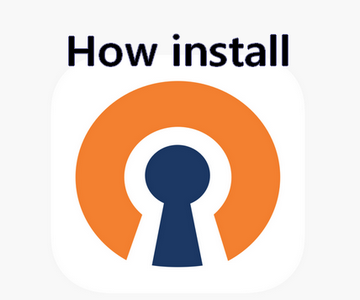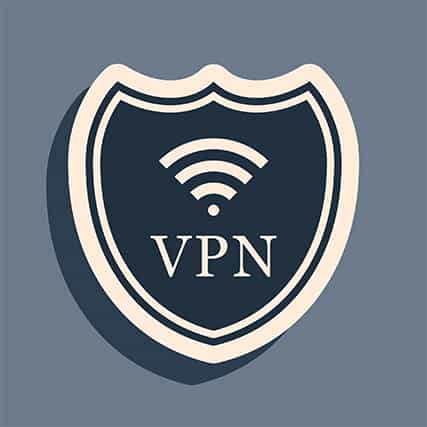Access free openvpn config servers in Canada to bypass geo-restrictions and unlock blocked content. Our Canadian VPN servers provide secure, encrypted connections for streaming Netflix, Hulu, BBC iPlayer, and other geo-blocked platforms. Get unlimited bandwidth, fast speeds, and reliable uptime with easy-to-configure OpenVPN files. Perfect for accessing Canadian content libraries, protecting privacy, and circumventing censorship. Download free .ovpn configuration files instantly – no registration required. Compatible with Windows, Mac, Android, iOS, and routers. Enjoy unrestricted internet access with military-grade encryption and anonymous browsing. Stream your favorite shows, access blocked websites, and maintain online privacy with our premium Canadian openvpn servers available at no cost.
Share our website on social media
- 10GB/s
- Free account OpenVPN every 4 days
- Location : Canada
- City : Toronto
- SSL/TLS support
No Torrent
Accounts on server : 343
Server ID : N25
Digital Journalism and News Production
Canadian newsrooms increasingly rely on secure digital infrastructure to protect sensitive communications and maintain source confidentiality. Modern journalism requires robust security protocols, especially when handling investigative stories or communicating with whistleblowers across various provinces and territories.
Virtual private networks have become essential tools for Canadian journalists working remotely or accessing restricted content. When reporters need to create ssh account configurations for secure file transfers, they often combine this with VPN technology to establish encrypted tunnels for data transmission. News organizations frequently implement openvpn free config solutions as cost-effective alternatives to expensive proprietary systems.
Remote Reporting and Source Protection
Digital journalism in Canada faces unique challenges, particularly when covering stories that cross provincial boundaries or involve federal investigations. Reporters working on sensitive assignments often utilize free openvpn config setups to mask their digital footprints and protect source identities. This practice has become standard among investigative journalists covering topics ranging from corporate corruption to government transparency issues.
The integration of secure communication protocols extends beyond traditional reporting. Canadian media outlets now implement comprehensive digital security frameworks that include:
- Encrypted messaging systems for source communication
- Secure file sharing platforms for collaborative reporting
- Protected access to government databases and public records
- Anonymous tip submission systems
Broadcasting and Streaming Technology
Canadian broadcasting networks have transformed their operations through advanced streaming technologies and secure content distribution systems. The shift toward digital-first content delivery requires sophisticated network architecture that can handle high-volume data streams while maintaining security and reliability.
Many broadcasters question is openvpn free when evaluating cost-effective solutions for their technical infrastructure. The answer varies depending on specific implementation needs, but open-source VPN solutions often provide viable alternatives for smaller regional stations and independent producers across Canada’s vast media landscape.
Content Distribution Networks
Modern Canadian broadcasting relies heavily on distributed content delivery systems that span from the Atlantic provinces to British Columbia. Networks implement openvpn-ssh combinations to create secure pathways for content transmission between production facilities, ensuring that live broadcasts and pre-recorded content reach audiences without interruption or security breaches.
Streaming platforms serving Canadian audiences have adopted sophisticated protocols that balance accessibility with content protection. These systems often incorporate multiple security layers, including geographic restrictions and encrypted transmission protocols that help broadcasters comply with Canadian Radio-television and Telecommunications Commission regulations.
Social Media and Digital Communication
Social media platforms have fundamentally altered how Canadian media organizations engage with audiences and distribute content. The integration of secure communication channels has become crucial for maintaining authentic dialogue while protecting against misinformation and digital threats.
Media professionals increasingly seek open vpn profile free options to manage multiple social media accounts securely across different platforms and geographical regions. This approach helps Canadian media outlets maintain consistent messaging while adapting content for diverse regional audiences from Vancouver to Halifax.
Community Engagement and Audience Development
Canadian media organizations leverage social platforms to build community connections, particularly in remote areas where traditional media infrastructure faces logistical challenges. Northern communities, in particular, benefit from secure digital communication tools that enable local correspondents to contribute content safely and reliably.
The democratization of content creation through social media has empowered citizen journalists across Canada. Many utilize vpn free account services to access platforms and share information, particularly during breaking news events or natural disasters when traditional communication infrastructure may be compromised.
Press Freedom and Media Access
Press freedom in Canada encompasses both legal protections and technological capabilities that enable journalists to perform their duties without interference. Digital security tools play an increasingly important role in maintaining editorial independence and protecting journalistic sources from potential retaliation.
Access to information remains a cornerstone of Canadian journalism, but technical barriers sometimes limit reporters’ ability to investigate stories effectively. Many journalists rely on free vpn account services to access government databases, court records, and other public information sources that may have geographical or technical restrictions.
Government Transparency and Information Access
Canadian journalists navigate complex federal and provincial information access laws while utilizing digital tools to enhance their investigative capabilities. The Freedom of Information and Protection of Privacy acts across different provinces create varying requirements for how media organizations handle sensitive data and protect source confidentiality.
Investigative reporters often require sophisticated technical setups, including free vpn accounts that allow them to research sensitive topics without leaving digital traces that could compromise ongoing investigations or endanger sources. This practice has become particularly important for journalists covering organized crime, political corruption, and corporate malfeasance.
International News Coverage
Canadian media organizations maintain extensive international correspondence networks that require secure, reliable communication systems. From covering conflicts in distant regions to reporting on diplomatic developments, Canadian journalists depend on robust digital infrastructure to deliver timely, accurate news to domestic audiences.
Foreign correspondents frequently utilize openvpn profile free configurations to establish secure connections with their home newsrooms while working in regions with restricted internet access or compromised digital infrastructure. This technology enables real-time collaboration between field reporters and editorial teams across multiple time zones.
Cross-Border Collaboration and News Sharing
International news coverage often involves collaborative efforts between Canadian media outlets and foreign news organizations. These partnerships require sophisticated communication protocols that can handle sensitive information while complying with various national security and privacy regulations.
Canadian media organizations have developed expertise in managing complex international assignments that span multiple jurisdictions. Their technical infrastructure supports secure communication channels that enable reporters to file stories from remote locations while maintaining editorial oversight and fact-checking procedures.
Media Ethics and Digital Responsibility
Digital transformation in Canadian media has created new ethical considerations around privacy, data protection, and responsible technology use. Media organizations must balance transparency with security, ensuring that their digital practices align with professional journalism standards and public trust expectations.
The implementation of secure communication tools raises important questions about media accountability and source protection. Canadian newsrooms have developed comprehensive digital ethics policies that address how reporters should handle encrypted communications, anonymous sources, and sensitive data obtained through digital investigations.
Privacy Protection and Data Security
Canadian media organizations operate under strict privacy legislation that affects how they collect, store, and transmit information. The Personal Information Protection and Electronic Documents Act creates specific obligations for media companies regarding data handling and source protection.
Newsrooms across Canada have implemented rigorous training programs that teach journalists how to use security tools responsibly while maintaining ethical standards. These programs cover topics ranging from basic digital hygiene to advanced encryption techniques, ensuring that media professionals can protect their sources while fulfilling their public service mandate.
Future of Media Technology
The evolution of media technology in Canada continues to accelerate, driven by advances in artificial intelligence, machine learning, and distributed computing systems. Canadian media organizations are investing heavily in next-generation technologies that promise to transform how news is gathered, produced, and distributed across the country’s diverse media landscape.
Emerging technologies present both opportunities and challenges for Canadian journalism. Virtual and augmented reality platforms offer new storytelling possibilities, while blockchain technology promises enhanced security and transparency in news distribution. Media organizations are exploring how these innovations can enhance their service to Canadian audiences while maintaining professional standards and ethical practices.
Innovation and Technological Integration
Canadian media companies are pioneering innovative approaches to digital journalism that leverage cutting-edge technologies while preserving
Latest 10 Post about OpenVPN on Blog




